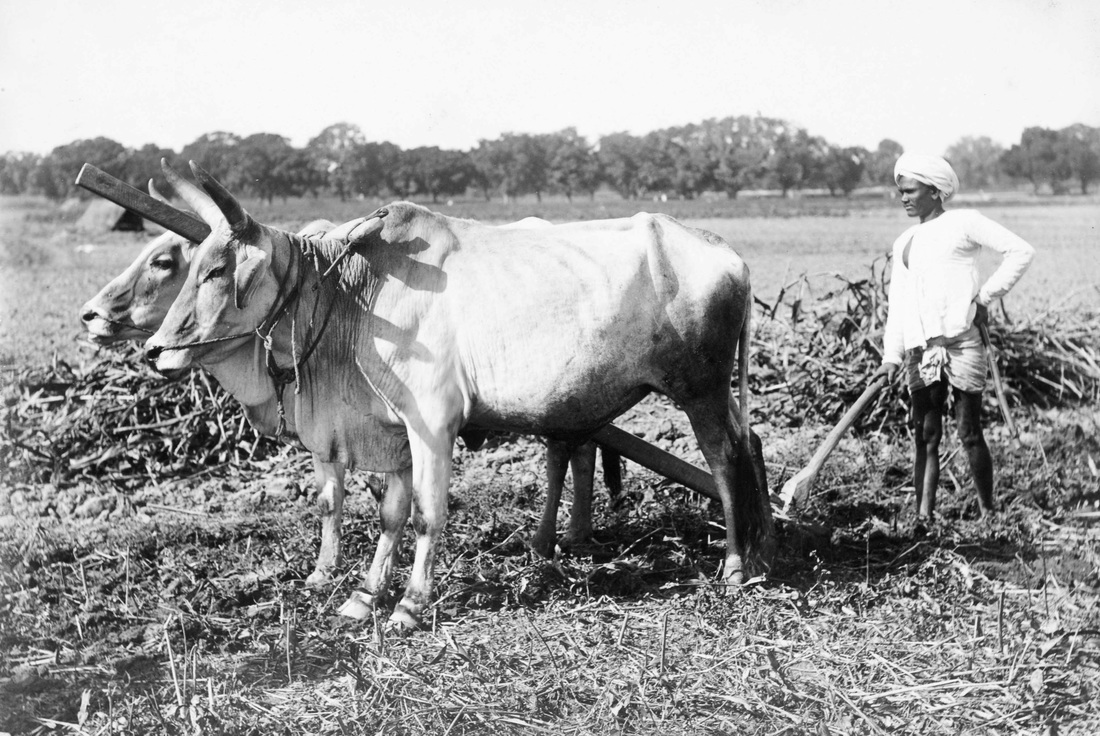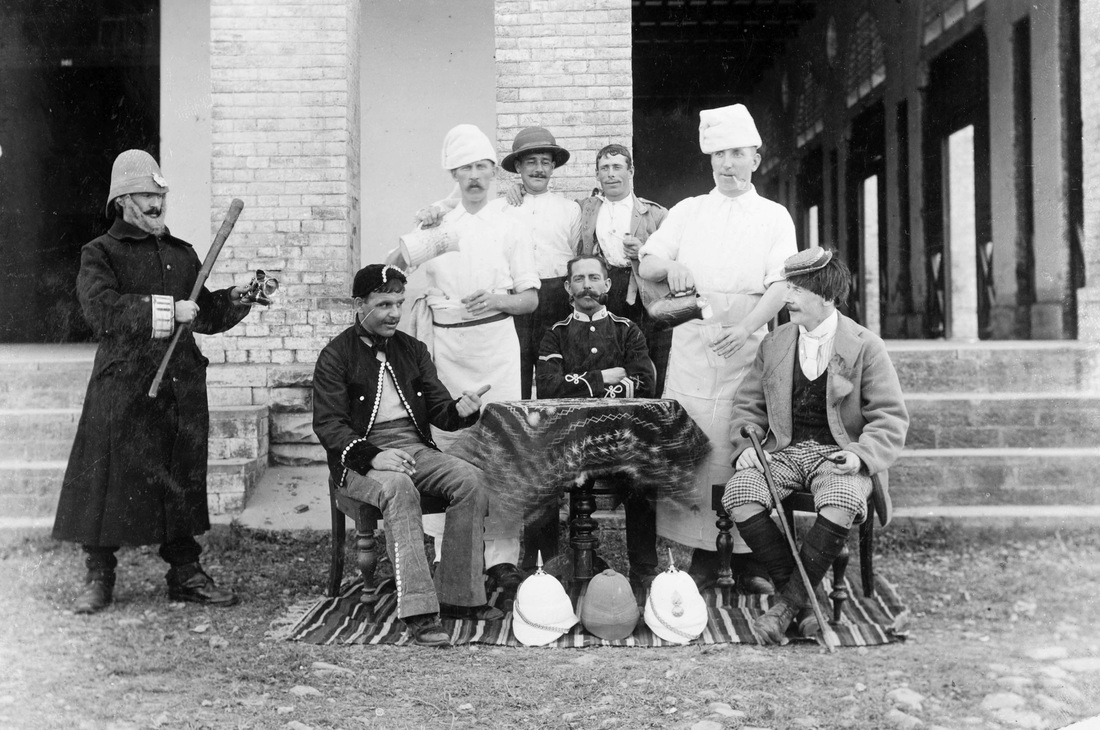|
There’s no getting away from it, we’re at our very best when we are vulnerable. If it’s not scaring us then it’s probably not pushing us too hard. If we’re not pushing into our edge, out of our comfort zones, then we merely exist. Living requires risk; I think the meaning of life might just be living.
Vulnerability comes from a place of difficulty, we feel vulnerable because of our past experiences, learned behaviors, and beliefs. Vulnerability comes from shame, fear, isolation and confusion. No wonder we balk at the thought of exposing it for the entire world to see. However, what happens when we do expose our soft insides like this? We connect. We become brilliant. We tap into our inner genius and we create meaningful and lasting imprints. As a wise person (whose name escapes me) once said: Everything you could ever want is on the other side of fear. For anyone in any doubt of just how key vulnerability is to us and our true contentment, check out the marvelous Brené Brown’s research via her TED talk here In fact, check it out even if you’re certain I’m right. It’s brilliant, and you’ll be one of the 3 remaining people on the planet who hasn’t if you don’t, and imagine how vulnerable that’ll make you feel. I aim to be authentic, authenticity is one of the most wonderful benefits of vulnerability; it’s also really hard to achieve some of the time. Like, when there’s anyone else nearby....kidding. But it’s tough; it’s not something that comes naturally to most of us. We have a facade, or many facades, and exposing our truths can be testing. But almost all of what we feel, dread, and associate with our vulnerability is internalised, on the outside we appear the same, in fact, we appear pretty groovy. Authenticity is, after all, a lot easier to not fake than fakery is to fake. There’s probably a better way of saying that. The majority of people I talk to in the course of my day come ready prepared with a degree of vulnerability, and I wanted to share some things that are easy to forget at times when our authenticity is being challenged (by ourselves more often than not). It is my belief that:
It’s more than okay to be vulnerable, it’s essential. True growth begins only when we accept ourselves as we truly are - weaknesses and all. The more vulnerability you allow yourself, the more awesome your relationships will be, and not just those relationships with others, but with the world, and most importantly by far, with yourself. Thich Nhat Hanh says something like: "Being yourself is to be truly beautiful", and we all know how right that is, think how your heart melts at witnessing true vulnerability, it’s like seeing a soul shining through a body.
1 Comment
We’ve all seen success. We’ve all experienced it to some degree. Success is often exponential if it is a result of mindset. There are certain human beings we think of immediately when asked “who’s successful?” – yet if you look into anyone’s life, you’ll find failure and struggle abounds. In fact, that might just be the secret to success.
To win at life, or for addressing one area, project or initiative, it might be suggested that one ticks off the following pointers along the way:
Does the company we keep affect our quality of life?
Quality of life: we all want it, but what is it? – Probably a whole other article in itself but it’s widely accepted that the desire triangle (health, love, career) or the list of priorities most commonly given by first world inhabitants (family, spirituality, health, finance, career, romance/sex, leisure/free time) reflects pretty well what we gauge our quality of life against. A commonality that runs through many of these things is relationships; that is, the quality of the relationships associated with these priorities has a huge bearing on how happy we are with each. For example, your family is a huge priority for you, but how satisfied are you with the relationships that live inside that Family (however you define it)? Are you more likely to prioritise a quality family dynamic than you are a dysfunctional one? Quite probably not; the things that truly matter to us are intrinsic to our core values. Quality of life therefore is equal to the degree in which we are living our values combined with how well our values are met by our priorities. Think of it in terms of goals; if we have a goal that is totally aligned with at least one of our core values, chances are we’ll hit it with relative ease, and have a wonderful time on the way. If we’re doing what makes us happy, we’re probably doing it well. Aristotle stated that friendship (philia) is key to human happiness; the paradigm case of friendship being a relationship that is mutually recognised and taking place between two adults of equal standing. Or more specifically: the mutually acknowledged and reciprocal exchange of goodwill and affection that exists among individuals who share an interest in each other on the basis of virtue, pleasure or utility. Aristotle noted that whilst other, non-equal, friendships, could exist, they were of an inferior nature. Jim Rohn, American entrepreneur, author and motivational speaker famously quoted that you are the average of the five people you spend the most time with – for example, economically this would mean that you can take the salaries of the five people you spend the most time with, add them up, divide the total by five and you will probably have a figure that represents your own salary. Likewise then, with intellect, confidence, spirituality and contentment, to name but a few qualities. Personal insights gained through my coaching clients indicate this to be accurate. Granted, my coaching style probably dictates the kind of clients I attract and am attracted to (they tend to be aspirational, creative, compassionate types), but they come from all walks of life. Some are rich and materialistic; some are humble and utterly benevolent with what they have. Their upbringings and life experiences vary from the chaotic, dysfunctional and traumatic, to those verging on idyllic. However, at some point, I’ve witnessed each and every one enact something I call the frenemy shoulder slump (FSS). They each have people in their lives that literally bring them down. Example 1) Me: How are things with your mum? Coachee: (FSS) urgh. Example 2) Me: Did you talk to your manager about your idea? Coachee: Yeah, (lights up) she’s excited to try it, she suggested I get a few of the team together and (sighs) enlist some support from (FSS) Karen in marketing We all have these people in our lives, if they’re not one of the top five we spend time with, then there’s more chance we can manage them effectively, but if they have full access to us, they can cause us real problems; when a friend obstructs (or we perceive them to) our important goals or our other relationships, the impact is negative and often stressful. The more time you spend with friends that have bad habits, the more likely you are to adopt or continue those bad habits for yourself (just look to your drinking buddies!) Of course, the opposite is true too; spend all your free time with your marathon running bestie and your couch-potato days will soon become a thing of the past. I ensure that when feelings of betrayal, disappointment and stress come from my clients’ friendships that we address them urgently; these things undermine your best self and are not representative of healthy, positive influence. There is then, compelling evidence that it matters who we surround ourselves with. And in order to feel contented and fulfilled, we should think carefully about who we invest in emotionally and otherwise. The adage do less, have more seems apt; select and develop a few close, valuable relationships. It’s almost always about quality not quantity where life satisfaction is concerned. As the weather finally warms here in rainy Northern England, thoughts turn to change and growth. It’s only natural to want to clear out the cobwebs at this time of year. We make our resolutions; we desire shifts and improvements in our lives.
Some time ago, a friend told me to read Doreen Virtues book on time, I expected something around management, but actually it's smarter than that; a refreshing and interesting take on how we perceive time and the impact that has. Many fabulous leaders have their version of this, but Doreen explores our conditioned beliefs in detail and some of it really stuck with me. I've distilled the overarching message, as I perceive it: There is always something that we want more of, be it time, love, money, sleep...the list goes on. In order to grow ourselves we must look inwards: we hold the key to our own successes, and by taking total responsibility for our lives, we can transform, we can achieve more than we ever dreamed we could. All that we desire is possible, but sometimes our challenges seem insurmountable. How often do you find yourself saying:
Or in other words: I’d change my life if I had the time! The thing is, you do have the time, and you have all the resources you need to make changes for the better. Sometimes it’s just a case of looking at things differently, of learning to stop striving and to start living the life you truly desire. We must remember to live in the present, that future planning is all well and good, but is not the means to contentment. Our ongoing happiness is a continuous journey with no end, so by dropping all sense of reaching the finish line, we can focus on what matters, and welcome the knowledge that time, wealth, peace and joy are abundant. Some simple ideas about getting things done:
These days, Doreen's main area of focus is Angel Therapy and she lives here if you want to visit! |




 RSS Feed
RSS Feed